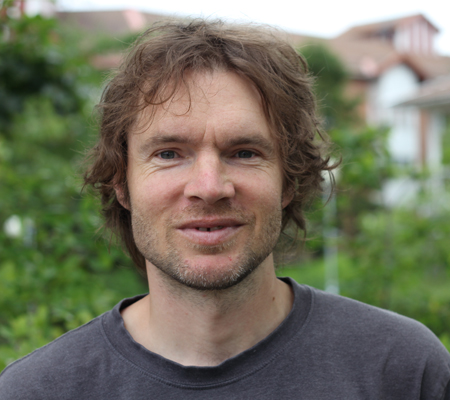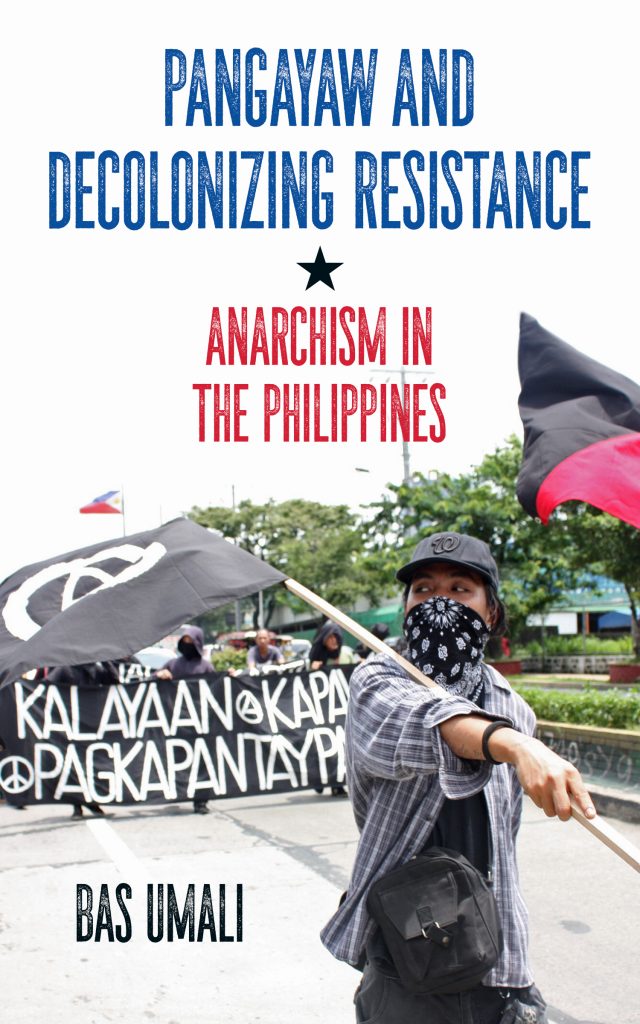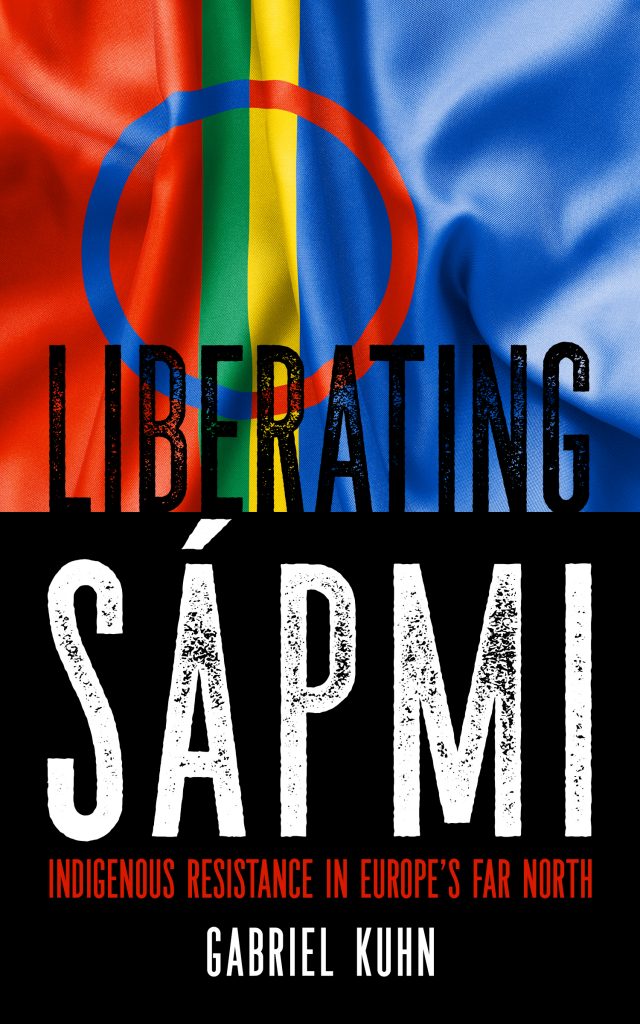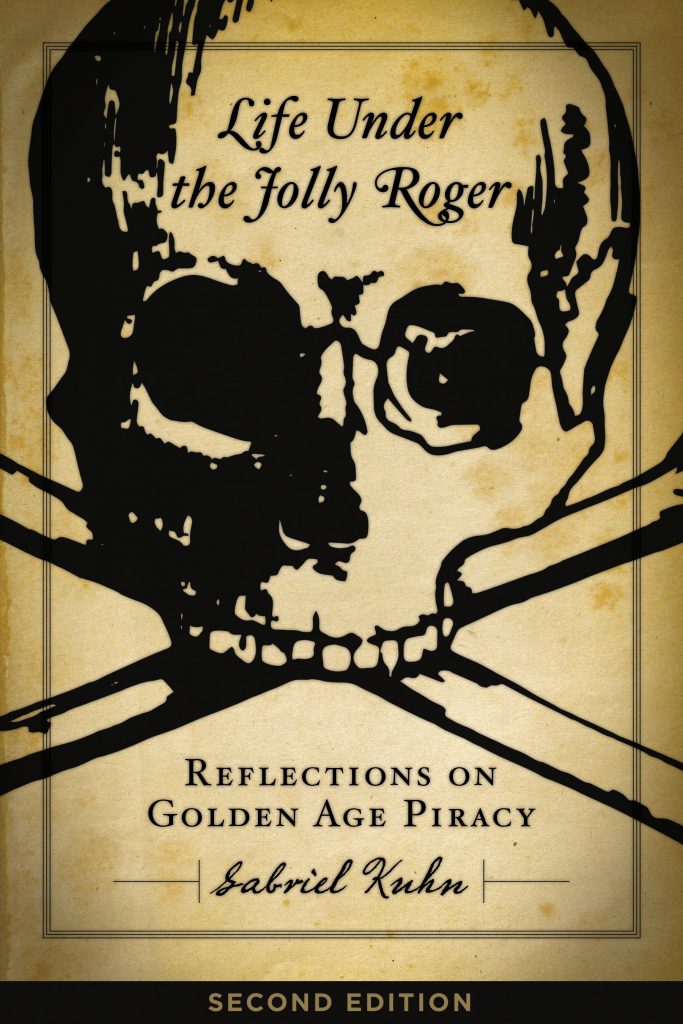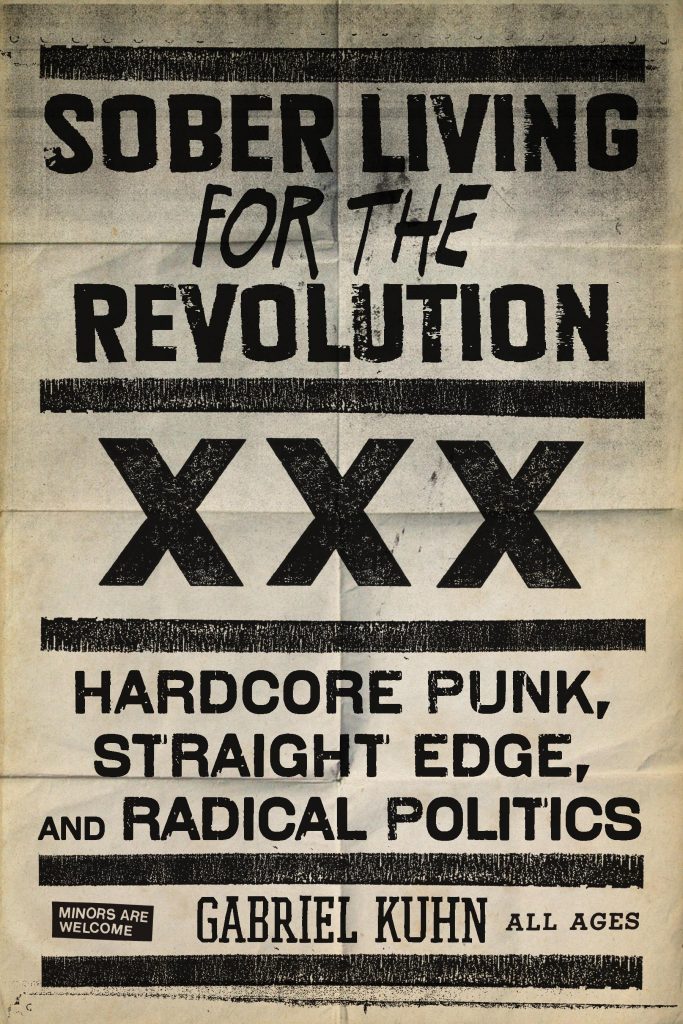An interview with prolific writer Gabriel Kuhn on his long-standing interest in straight edge subculture and hardcore music.
By DIY Conspiracy
Oct 17, 2021
Gabriel Kuhn is an Austrian-born writer, translator and union activist living in Sweden. He has published widely in English and German since the ’90s, including his straight edge related books Sober Living for the Revolution: Hardcore Punk, Straight Edge, and Radical Politics (2010) and X: Straight Edge and Radical Sobriety (2019), as well as the German introduction Straight Edge. Geschichte und Politik einer Bewegung (2010). They all seek to bring together a straight edge identity with anarchist, autonomist and left-wing politics.
This interview appears at the straight edge zine that comes along with DIY Conspiracy Vol.X compilation tape released in October, 2021.

Hey Gabriel, do you mind sharing some background about how and when you first got involved with hardcore punk music and straight edge?
I came to hardcore punk through metal. I grew up in a small town in the Austrian Alps, and you could only choose between two types of music: pop or metal, the latter being the “rebel music” of all stripes. This was before the Internet, so it wasn’t that easy to find other kinds of music. There were some punk bands, however, that had entered metal circles, like the Dead Kennedys or The Exploited. That made me curious about punk, and when I was old enough to take the train to Munich and go shop at record stores that had actual punk sections, I discovered more and more. Eventually, I found out about straight edge, which was terribly exciting, because I had never been into drinking, which was very unusual for a metalhead in our neck of the woods (and perhaps anywhere?). It really opened up a new world for me.
Can you talk about your experience with the straight edge scene in the US around 1994? What were the bands, zines and politics that you were looking up to at the time?
It was a very special experience. I moved to the US in the Summer of 1994. My image of straight edge was still very 1980s, because those were the bands I had listened to in Europe. The whole Vegan Straight Edge thing had only just started there. The first Straight Edge as Fuck sampler on Desperate Fight had just come out. In the US, Earth Crisis were already big and gave straight edge a whole new direction, politically and musically. Metalcore, naturally, appealed to me, so that was all good, and I was also intrigued by the political outspokenness. Yet, there was something about the machismo, self-righteousness, and moralism that didn’t appeal to me at all, let alone the anti-abortion stances and the homophobia. Not necessarily with Earth Crisis, I don’t wanna get into that debate, but with individuals, bands, and zines that associated themselves, at least in a wide sense, with the Vegan Straight Edge scene. Shelter and 108 had also popularized Krishnacore, and there was Hardline, of course—a fairly small scene perhaps, but very vocal. Some of it was confusing for me, because it was far removed from my politics, but it was also a very exciting time. There were dozens of active straight edge zines, I corresponded with straight edge folks almost daily, we traded tapes, etc. I’m not saying that it was a better culture than today, just very different. And I enjoyed it despite all the confusion. Bands I really liked were Snapcase and Chokehold. I actually liked Krishnacore zines, like the one that Equal Vision (the label) brought out, or, later, Porcell’s War on Illusion. I had my reservations when it came to the philosophy and the culture, but there was much food for thought. Politically, I just jibed more with the European bands.

Do you see anything fundamentally different between the peak of European straight edge with outspokenly leftist bands like Manliftingbanner, Nations on Fire, and Refused, compared to Earth Crisis and the likes?
I just think the political background was very different. It was something I had to learn when I moved to the US. Before that, I thought that being a “radical” and a “leftist” was pretty much the same thing. But it’s not. Leftist politics—by which I mean politics with a strong focus on class and equality—were strong in the US until the 1930s, but then took a serious dive. Even the rebellion of the 1960s had strong cultural and individualistic tendencies, even if there were leftist currents too, of course. But I think the animal rights and ecological scenes that morphed with vegan straight edge in the 1990s just didn’t have much of a leftist background. So it was easy for issues such as class, but also gender and race, to “fall under the table”, as we German speakers say. It seemed different in Europe, where this was more part of the package if you wanted to be a political straight edger. I think the same would be true for Latin America, as you could see with bands like Point of No Return. But don’t get me wrong: I don’t want to play out one scene against another. The militancy of US vegan straight edge was badass. Many of these folks walked the walk, engaged in direct action and took big personal risks. That was inspiring.

How did you come up with the idea for Sober Living For The Revolution and what makes it so different from other straight edge hardcore books that came out in the 2000s?
I felt that straight edge had a bad reputation in the leftist circles I moved in. All that people saw was the machismo, the self-righteousness, and the moralism. I knew that these elements existed, but having been straight edge for so long, I also knew that there were many other aspects to the culture. I wanted to portray that. When Sober Living came out, I think it was only the fourth book about straight edge to come out ever. Beth Lahickey’s All Ages: Reflections on Straight Edge was a collection of interviews, and the books by Ross Haenfler and Robert T. Wood were overviews from a sociological angle. I guess the explicit connection between straight edge and radical/leftist politics offered by Sober Living just hadn’t been done before.
And how about its follow-up X: Straight Edge and Radical Sobriety being different from Sober Living?
I felt that in the decade after Sober Living had come out, straight edge diversified even more. It became more international, there were more women, queer, and trans folks involved, and musically it went into all sorts of directions. While earlier straight edge eras always had their defining bands—from Minor Threat to Youth of Today to Earth Crisis—I think that this is no longer the case. Yes, some bands are more popular than others, but there are straight edge kids today who have never listened to Throwdown, and it doesn’t matter, ‘cause there are so many other bands to listen to and no single one gets to define what it means to be straight edge. So, partly, I wanted to document that development. Then, two other aspects played into it as well: I thought it was very interesting that the term “radical sobriety” had emerged in political circles. It was only loosely connected to straight edge, but there were clear overlaps. This was one thing I wanted to bring into the debate. Another was the question of what straight edge could do for people struggling with addiction and substance abuse. Kinda like: rather than protecting your straight edge territory, how can straight edge reach out and do something positive for the community? I thought that was an important discussion. But, frankly, I also just wanted to do another book on straight edge. Working on Sober Living had been so much fun that I longed for a similar experience. And I got it. Working on books can get pretty lonely, but these were projects that involved many people, and it was wonderful to meet, get to know and work with them. I’m very grateful.

There are very few people who are still sober for more than 30 years like yourself. Almost every influential straight edge band from the ‘80s and ‘90s are no longer living by example. What do you think is the main reason for breaking the edge? Is it about no longer feeling the need to be part of a shared identity, ideology or just being too young at the time?
Probably a combination of all that. My main take on it is this one: People who find straight edge because they already are sober, like myself, will stay with it. Their sobriety doesn’t depend on straight edge, it just finds a home there. People who become straight edge because they want to be part of a scene, or because it seems like a cool thing to do, grow out of it. A related phenomenon is that it is often the loudest and preachiest who, after a few years, no longer care about the edge. People who are fairly mellow about it often remain straight edge much longer. They have nothing to prove, it’s just what they are. The preachers, on the other hand, move on once they have found other things to preach about. These are very general observations, of course. Every individual’s story is different. But there are always some patterns we can detect.

Do you see similar developments when it comes to sobriety in the context of anarchist, leftist and militant working class culture? How does radical sobriety differ from straight edge when it’s not related to a subculture or a music scene? Is it more about some sort of virtues than a strict practice with lasting effects beyond the discourse?
I would say that even in these contexts, people who simply feel comfortable with sobriety and aren’t motivated by identity or ideology will be the ones most likely to stick with it. The main difference between straight edge and forms of sobriety not connected to hardcore punk is that the cultural framework is missing. Philosophically and politically, the discussions can be very similar, but you won’t have the same cultural, and social, reference points, connections, and networks. That’s why I think it’s important to speak of “straight edge” and to distinguish it from other forms of sobriety. There is something unique about the cultural framework that ties straight edge folks together. It gives the culture particular strength and meaning. You can’t just replace the term with “sober” or “poison-free”. If you don’t want to be associated with straight edge culture, by all means, don’t call yourself “straight edge” and use one of these other terms, but they don’t mean the same. No matter what Ian MacKaye’s intentions might have been, straight edge developed into a culture of its own, and it’s here to stay.
In Sweden, the “sobriety movement” used to be quite popular in the 1920s and ‘30s. You also touch on this topic in a few interviews with various people published in your books. Can you elaborate on the history of these movements that were not limited only to Scandinavia?
The history of sobriety movements is a curious one. On the one hand, there are very conservative roots, stemming from religion and freemasonry. On the other hand, sobriety also became a tool of militant working-class movements already in the late 19th century. Needless to say, it is the latter aspects I’m mainly interested in. In Sweden, but also in Austria, the progressive currents in the sobriety movement were very strong in the early 20th century. In Austria, in particular, sobriety was an inherent part of militant working-class culture. The arguments that were used are familiar to any political straight edger today: sobriety helps you to stay focused, act responsibly, keep collective discipline. These concepts aren’t necessarily without their problems, but they touch on very central questions of political organizing and political action. In the end, there is probably no right or wrong, but these discussions are very important.
Gabriel Kuhn’s books are available from PM Press. For latest updates, reviews and writings, follow him at his blog Left Two Three.
See more of Gabriel’s books HERE

